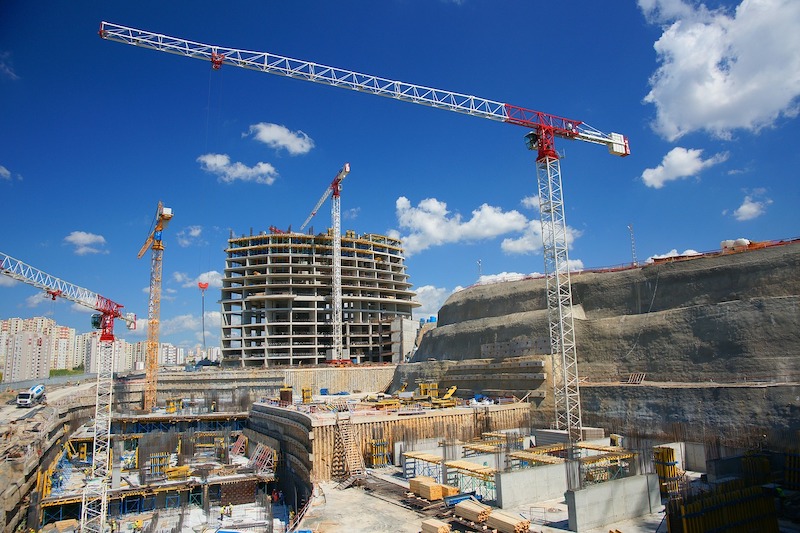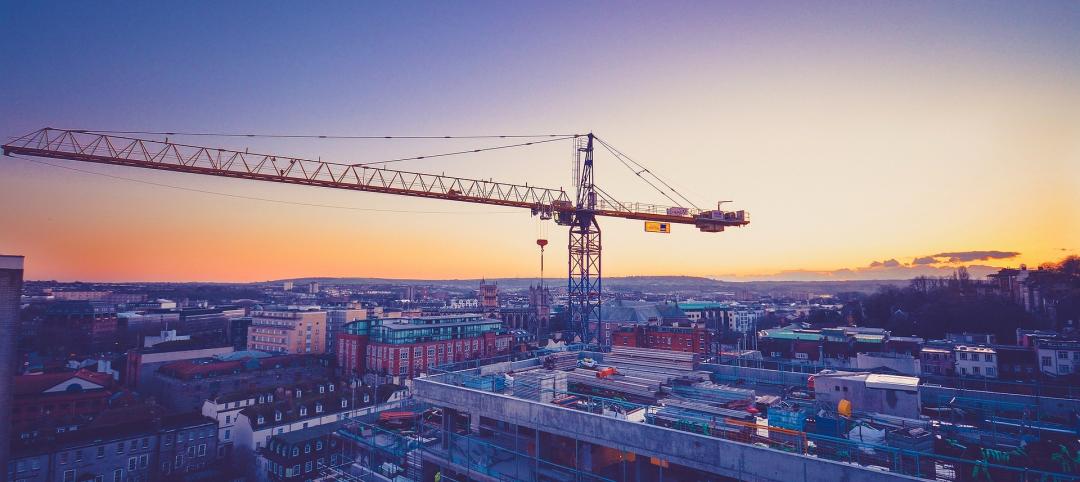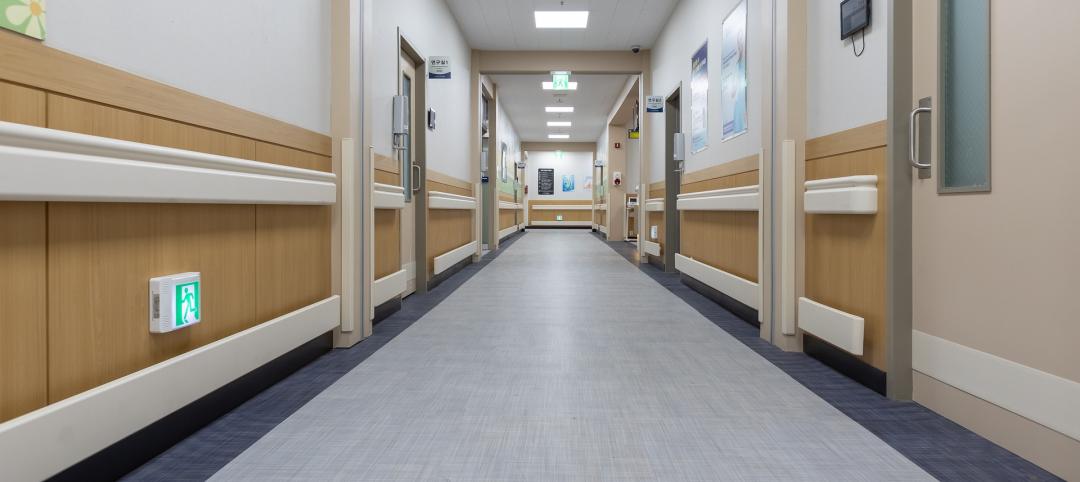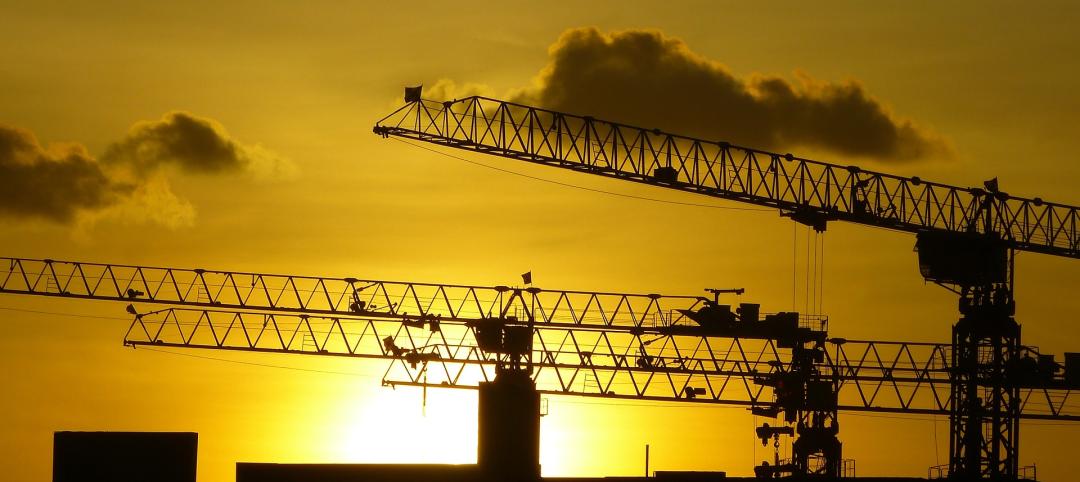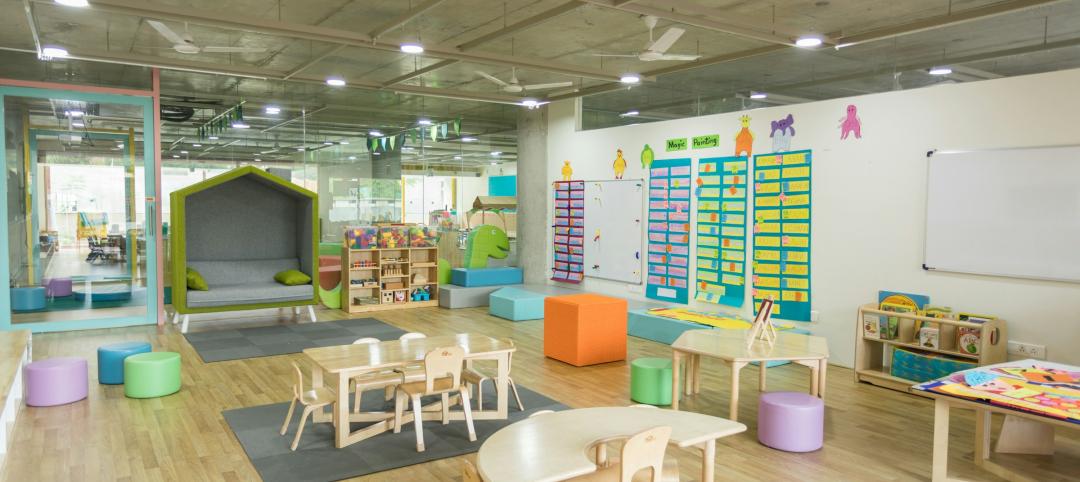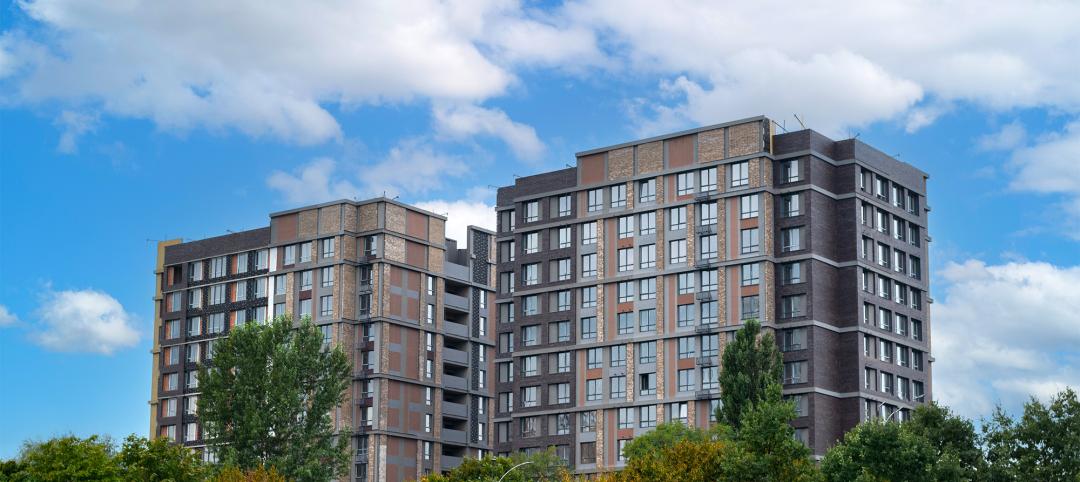Three-fourths of all metro areas added construction jobs between July 2020 and last month, according to an analysis by the Associated General Contractors of America of government employment data released today. Association officials noted that while many metro areas have added jobs since last summer, construction employment still lags pre-pandemic levels in many areas as the industry faces a host of challenges.
“The rapid spread of the delta variant of coronavirus, along with soaring materials costs and multiple supply-chain difficulties, appears to be causing some project owners to delay starting construction,” said Ken Simonson, the association’s chief economist. “However, the virus flare-up threatens further job gains, particularly because construction workers have a lower vaccination rate and thus a higher risk of becoming ill than other occupations.”
Construction employment increased in 268 out of 358 metro areas over the last 12 months. Seattle-Bellevue-Everett, Wash. added the most construction jobs (10,200 jobs, 10%), followed by Sacramento--Roseville--Arden-
Construction employment declined from a year earlier in 54 metros and held steady in 36. Houston-The Woodlands-Sugar Land, Texas lost the most jobs: 7,000 or 3%, followed by New York City (-6,300 jobs, -4%); Miami-Miami Beach-Kendall, Fla. (-3,500 jobs, -7%); Nassau County-Suffolk County, N.Y. (-2,400 jobs, -3%) and Calvert-Charles-Prince George’s, Md. (-2,400 jobs, -7%). The largest percentage declines, 11%, were in Atlantic City-Hammonton, N.J. (-600 jobs) and Evansville, Ind.-Ky. (-1,100 jobs), followed by 9% decreases in Tuscaloosa, Ala. (-600 jobs) and Victoria, Texas (-300 jobs).
Association officials urged federal officials to take steps to address supply-chain woes and boost demand for many types of construction services. They continued to call for the removal of tariffs on a host of critical construction materials, including steel and aluminum. And they urged the House of Representatives to quickly pass bipartisan infrastructure legislation that would give a needed boost to construction demand at a time when many private sector owners are rethinking projects amid rising prices and the spiking coronavirus cases.
“Washington officials have the ability to help offset soaring materials prices and boost flagging demand for commercial construction,” said Stephen E. Sandherr, the association’s chief executive officer. “The president should put an immediate end to tariffs that are needlessly inflating the cost of key materials and members of the House should rapidly approve the bipartisan infrastructure bill.”
Related Stories
Construction Costs | May 16, 2024
New download: BD+C's May 2024 Market Intelligence Report
Building Design+Construction's monthly Market Intelligence Report offers a snapshot of the health of the U.S. building construction industry, including the commercial, multifamily, institutional, and industrial building sectors. This report tracks the latest metrics related to construction spending, demand for design services, contractor backlogs, and material price trends.
Contractors | May 15, 2024
The average U.S. contractor has 8.4 months worth of construction work in the pipeline, as of April 2024
Associated Builders and Contractors reported that its Construction Backlog Indicator increased to 8.4 months in April, according to an ABC member survey conducted April 22 to May 6. The reading is down 0.5 months from April 2023, but expanded 0.2 months from the prior month.
Healthcare Facilities | May 6, 2024
Hospital construction costs for 2024
Data from Gordian breaks down the average cost per square foot for a three-story hospital across 10 U.S. cities.
Contractors | May 1, 2024
Nonresidential construction spending rises 0.2% in March 2024 to $1.19 trillion
National nonresidential construction spending increased 0.2% in March, according to an Associated Builders and Contractors analysis of data published today by the U.S. Census Bureau. On a seasonally adjusted annualized basis, nonresidential spending totaled $1.19 trillion.
AEC Tech | Apr 30, 2024
Lack of organizational readiness is biggest hurdle to artificial intelligence adoption
Managers of companies in the industrial sector, including construction, have bought the hype of artificial intelligence (AI) as a transformative technology, but their organizations are not ready to realize its promise, according to research from IFS, a global cloud enterprise software company. An IFS survey of 1,700 senior decision-makers found that 84% of executives anticipate massive organizational benefits from AI.
Hotel Facilities | Apr 24, 2024
The U.S. hotel construction market sees record highs in the first quarter of 2024
As seen in the Q1 2024 U.S. Hotel Construction Pipeline Trend Report from Lodging Econometrics (LE), at the end of the first quarter, there are 6,065 projects with 702,990 rooms in the pipeline. This new all-time high represents a 9% year-over-year (YOY) increase in projects and a 7% YOY increase in rooms compared to last year.
Construction Costs | Apr 18, 2024
New download: BD+C's April 2024 Market Intelligence Report
Building Design+Construction's monthly Market Intelligence Report offers a snapshot of the health of the U.S. building construction industry, including the commercial, multifamily, institutional, and industrial building sectors. This report tracks the latest metrics related to construction spending, demand for design services, contractor backlogs, and material price trends.
Market Data | Apr 16, 2024
The average U.S. contractor has 8.2 months worth of construction work in the pipeline, as of March 2024
Associated Builders and Contractors reported today that its Construction Backlog Indicator increased to 8.2 months in March from 8.1 months in February, according to an ABC member survey conducted March 20 to April 3. The reading is down 0.5 months from March 2023.
K-12 Schools | Apr 10, 2024
Surprise, surprise: Students excel in modernized K-12 school buildings
Too many of the nation’s school districts are having to make it work with less-than-ideal educational facilities. But at what cost to student performance and staff satisfaction?
Multifamily Housing | Apr 9, 2024
March reports record gains in multifamily rent growth in 20 months
Asking rents for multifamily units increased $8 during the month to $1,721; year-over-year growth grew 30 basis points to 0.9 percent—a normal seasonal growth pattern according to Yardi Matrix.


